The Face of Modern Conflict: What You Need to Know About Cyber Warfare

Foreword
Hello, user_name!
The Russian invasion of Ukraine has given an exceptional momentum to the cybercrime. CheckPoint released a cybersecurity report in 2022 on a global scale. The report highlighted that the number of cyber attacks worldwide increased by half.
Hackers primarily targeted international economic sectors, with over 600 attacks per day. Governmental, financial, and media sectors faced over two and a half thousand attacks per week.
Besides, the time and money losses due to cyber breaches are outrageous. In the US, the cost of just a single data breach is a whopping $9.23 million. That’s insane!
Today, we are living in a world where keyboards are mightier than swords, and firewalls play the role of digital fortresses. A world where sensitive information is stolen, critical infrastructure is hacked, and wars are fought online. Who would’ve thought?
Let’s dive into the world of cyber warfare and see how devastating it can be for nations across the world.
What is a cyberwar?
Reading the word «war», you might have visualized generals, weapons, trenches, and alike. But it’s a different kind of war. It’s a digital dance of deception and disruption, where the battlefield isn’t marked by trenches but by lines of code. Here, the generals wear hoodies, and their weapon of choice is a well-worn keyboard.
Cyber warfare is a form of internet attack directed at a country’s government, nation, or military infrastructure with the aim of causing disruption and inflicting damage. Cyber warfare should not be confused with the terrorist use of cyberspace or with cyber espionage and cybercrime.

In comparison to cybercrime, cyber attacks, and cyber terrorism: Cyber warfare pertains to the conflict itself, whereas a cyber attack is associated with the methods and strategies employed.
Cyber terrorism involves the «politically motivated use of computers and information technologies to cause serious disruptions or widespread fear in society».
Cyber warfare differs from cyber terrorism in that it represents organized efforts by a national government to conduct operations in cyberspace against foreign states.
So, don’t assume yourself a soldier the next time your YouTube channel gets hacked because a cyberwar is a digital conflict between two nations, not individuals. This means it excludes many other forms of attacks that may be misunderstood as cyberwar. For instance, if a cyber attack is initiated by an individual hacker or a group, it cannot be called cyber warfare.
However, if those hackers are backed by the state, then it comes under a cyberwar.
The main objective of every cyber war is to disrupt, damage, or destroy critical systems. So it may take many forms, such as:
- Attacks on financial infrastructure.
- Attacks on public infrastructure like electrical systems or dams.
- Attacks on safety infrastructure, like early warning systems and target signals.
- Attacks against military organizations or resources.

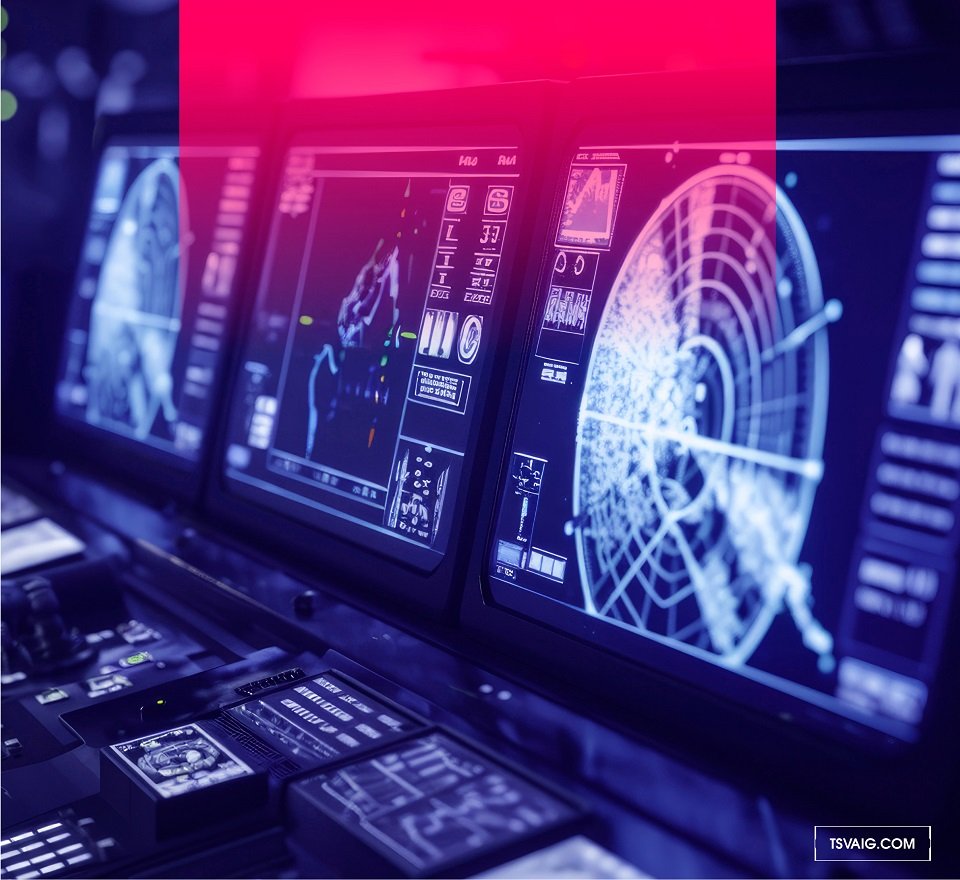
What does cyber warfare look like?
Like normal warfare, which can range from minor skirmishes to full-fledged battles, cyberwar varies in severity and target.
In most cases, computer systems are not the prime target. They are targeted because they manage real-world systems, such as power grids and airports. Stock prices spiral into chaos as hackers mess with the stock exchange data. The next day, trains stop running because traffic signals do not work.
You cannot drive anywhere as traffic lights freeze on red. Sure, it might bring a fleeting moment of joy, a logical excuse to dodge the workplace drama. «Sorry, boss, can’t make it today. The traffic lights are having a digital tantrum!».
But honestly, this can ruin the whole country if it persists. In no time, a country could be in chaos. Without crossing the boundaries, your enemies can disrupt the whole nation. Do you remember when Costa Rica declared a State of Emergency in 2022 after weeks of a major ransomware attack?
Layer 7 cyber attacks – the main challenge of the year
At the beginning of the Russian-Ukrainian cyber war, attacks at levels L3 and L4 were mostly used to disrupt infrastructure operations. Attacks at this level simply overloaded networks or applications, disrupting their bandwidth capacity. However, currently, cyber warfare is conducted with more sophistication. Participants resort to Layer 7 attacks. These are intelligent attacks aimed at finding vulnerabilities in the cyber space infrastructure, blocking or disrupting its operations for an extended period.
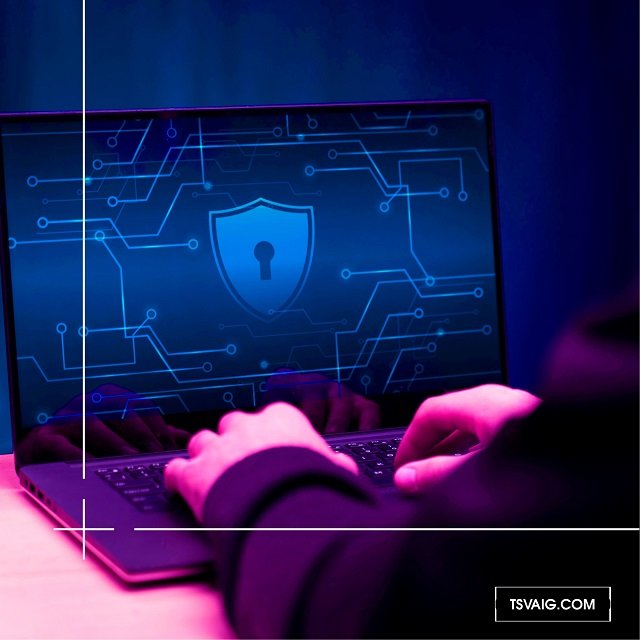
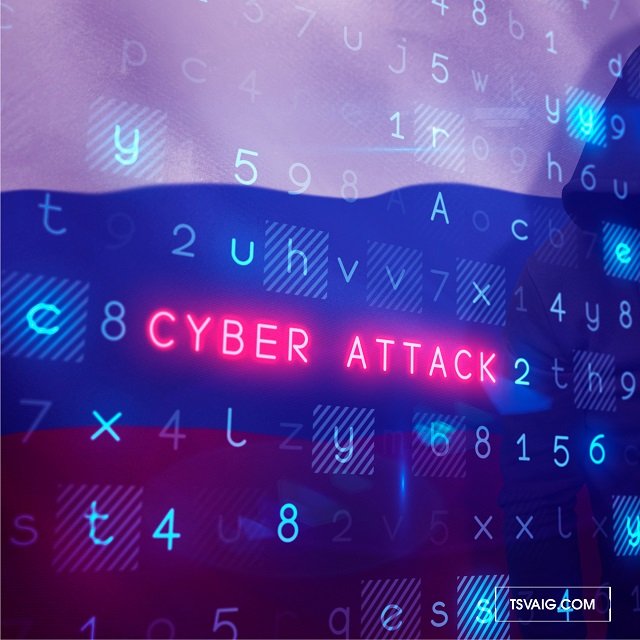
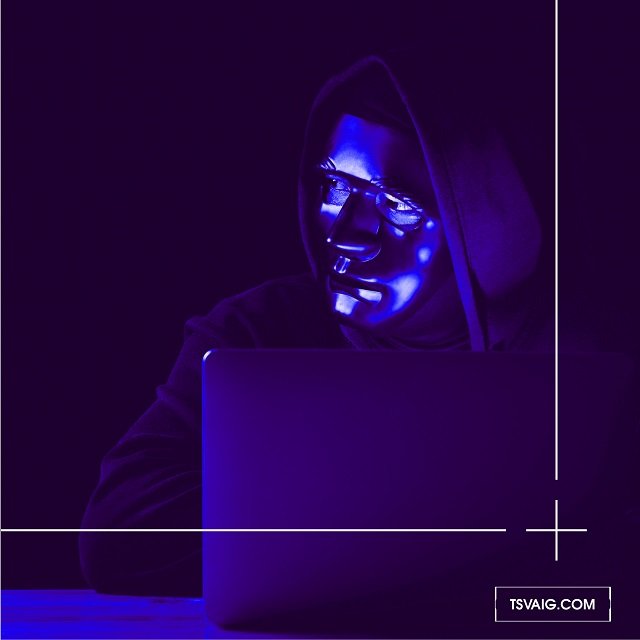
Real-life examples of a cyber warfare
We have a few real-life incidents of cyberwar as well. Luckily, there are not many, at least for now.
Russia-Ukraine conflict
The conflict between Russia and Ukraine has extended into cyberspace. Various cyber incidents have been attributed to state-sponsored hacking groups. Out of 30 cyberwar incidents between both countries, 28 were initiated by Russia.
Russian cyber operations include disrupting Ukrainian television companies before missile strikes, intensifying information campaigns, and attacking private services, such as Monobank and Kyivstar.
This coordination of cyberattacks with military operations aimed to disrupt communication and control systems, enhancing the impact of subsequent missile strikes.
Ukraine, on the other side, has responded robustly to Russian cyberattacks, despite being a primary target. The Ukrainian cyber army conducted over a million DDoS attacks on Russian infrastructure in 2022, showcasing a resilient opposition to cyber threats.
Stuxnet attack on iranian nuclear facilities
Stuxnet marked one of the first instances of a cyber weapon causing real-world damage. It involved a sophisticated worm designed to target Iran’s nuclear program. Stuxnet sabotaged Iran’s uranium enrichment facilities and caused physical damage to centrifuges.
The worm managed to infect 20,000 devices in 14 Iranian nuclear facilities. The result? This incident ruined around 900 centrifuges. This incident is widely believed to be a joint operation by the U.S. and Israel. Volkskrant revealed that a Dutchman, recruited by AIVD, was behind this sabotage. However, Dutch politicians were unaware of this operation.
Notpetya ransomware attack
NotPetya, a notorious ransomware attack that occurred in 2017, initially targeted Ukraine. But quickly., this attack spread globally, mimicking the COVID-19 of the physical world. It affected major organizations and critical infrastructure worldwide. The victims then spent billions of dollars to recover.
However, the Russian government denied involvement. Besides, one of the victim’s insurers was linking this incident to cyberspace politics. But they failed to get war-related exclusion and paid $1.4 billion as cyber attack coverage. However, the analyst still connects this incident with the political conflict.
The Petya virus on June 27, 2017, paralyzed the operations of companies worldwide.
What are the types of cyber warfare?
There are different types of cyber war. Some of them aim to compromise data security. Others leverage computer hacking to threaten human security. Let’s discuss some common types of cyber warfare.
Espionage
This type of cyberwar attack aims to steal the secrets of other countries. In espionage, a spear-phishing attack or a botnet is used. The intent here is to get access to a target’s computer and extract sensitive information. Isn’t it like a script of a spy movie?
After pinpointing sensitive information, organizations assess potential threats to this data. This may involve considering external parties seeking to steal the information. Likewise, there may be competitors aiming for an advantage through data theft. This may also involve internal risks such as disgruntled workers or negligent employees.
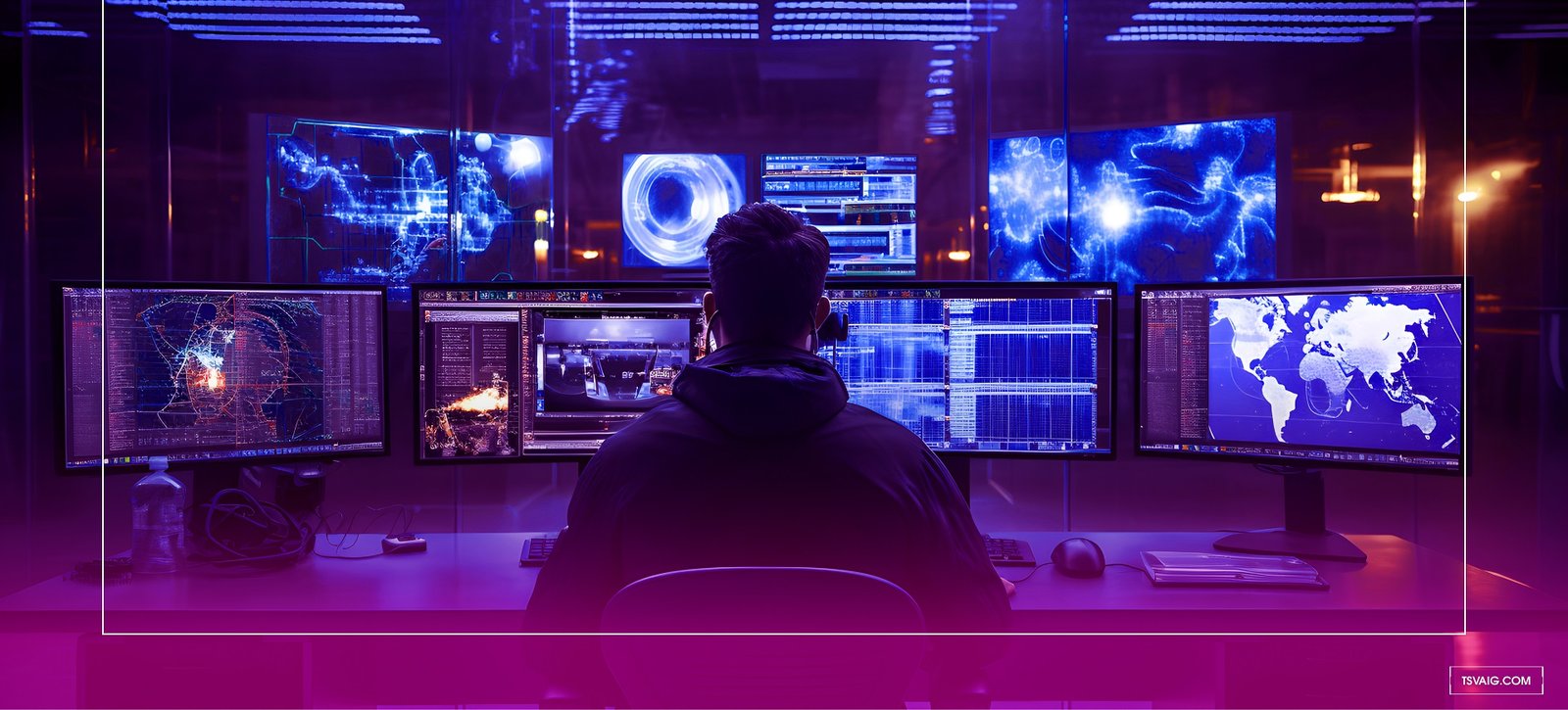
Distributed denial-of-service attack
In such a type of attack, the target website is flooded with fake requests. This is to render the site unavailable for legitimate users. This cyber downpour often targets critical websites, disrupting the virtual lives of military personnel, safety officials, citizens, scientists, and the like. Especially those used by military personnel, safety personnel, citizens, scientists, or alike. In March 2014, Russia levied a DDoS attack on Ukraine and crippled its election commission.
Modern economic systems depend on computers to function. So, the attacking country targets the stock market, payment systems, and banks. They freeze such critical websites with a DDoS attack. Afterward, they infect these devices and steal or manipulate data.
Malware and viruses
At the heart of cyberwarfare are malicious software and viruses. These digital weapons are designed to infiltrate computer systems and steal sensitive information. For instance, the notorious Stuxnet attack.
Similarly, Russia is using new Wiper malware on Ukrainian targets. These have been installed on several hundred machines in Ukraine. Besides, a Remote Manipulator System (RMS) is being distributed via fake «evacuation plan» emails.
The future of cyber war
So now, you understand what cyberwar is. Such digital attacks can disrupt the whole country. Today, we might not have too many cyber war-related incidents. However, modern technology is pushing the boundaries and making the impossible happen.
The Russian invasion in February 2022 has given new momentum to cybercrime. Today, every rich and skilled country is investing in information warfare and cybersecurity.
According to US intelligence, over 30 countries are developing the ability to launch cyberattacks. However, many of these efforts are kept secret. This secrecy has raised concerns about a hidden cyber arms race.
Besides, the current tension between Iran and Israel has also felt the waves of cyberattacks. Both sides have intensified their cyber offensive operations in recent weeks. Iranian state-sponsored hackers have said this clearly on Telegram. They said they hacked critical Israeli systems, like electrical grids. Their warfare mechanism exactly replicated the Russian hacking incident.
Israel’s National Cyber Directorate warned on Tuesday of a phishing attack by an Iran-based hacking squad. On the other side, Israeli hackers also claim that they have 70 percent of gas stations across Iran.
There are plenty of devastating stats that screams cyberwar is yet another pandemic this world has to deal with. And what about the financial losses pertaining to cyberwarfare? Cybersecurity Ventures predicts global cybercrime costs to increase annually by 15%, hitting $10.5 trillion USD annually by 2025. Likewise, the theft of IT data and equipment, as well as industrial and digital espionage and sabotage, will cost Germany a staggering 206 billion euros in 2023, as per German digital association. In addition, this survey involving over 1000 companies estimated that the loss will exceed the 200 billion euro mark for the third consecutive year.
Final words
So this means that cyberwar is not just a myth anymore; it’s a serious global concern. It will get out of control if no strict actions are taken. International relations and cyber security are interrelated. Whenever the relationship between two nations is disrupted, the threat of cyber warfare will be there.
The internet doesn’t care about borders; it’s like a big open field where threats can run wild. So, countries must work together, wearing their digital cowboy hats, to handle the challenges that pop up.









